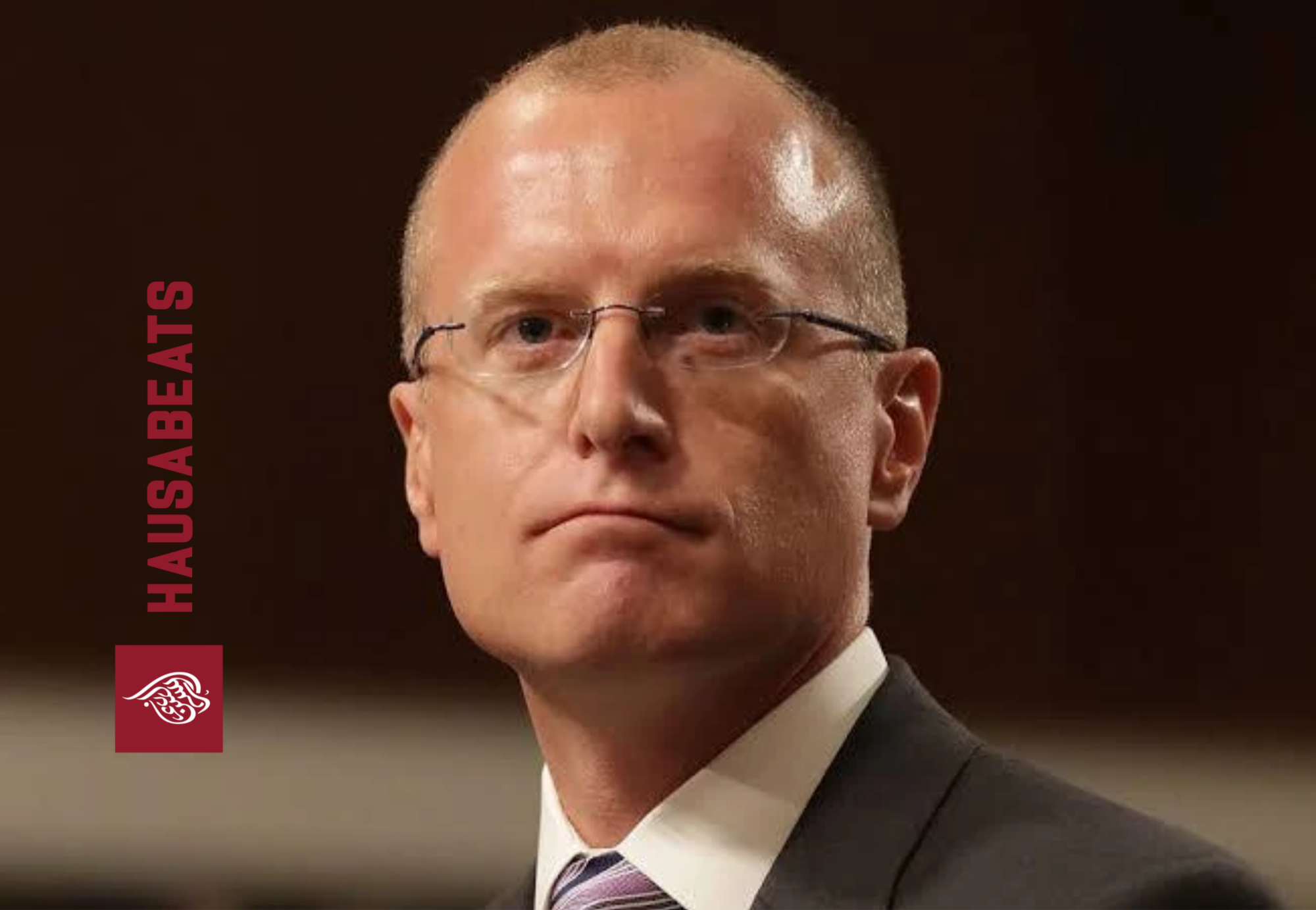

Who Is the Head of the FCC?
The current head (Chairman) of the U.S. Federal Communications Commission (FCC) is Brendan Thomas Carr.
Brendan Thomas Carr Biography
Early Life & Education
Brendan Thomas Carr was born on January 5, 1979, in Washington, D.C. (Wikipedia) Raised in the nation’s capital, he grew up amid politics, policy debates, and a deep interest in how government interacts with technology and communications industries.
He earned a Bachelor of Arts in Government at Georgetown University, then went on to study law. In 2005, he graduated magna cum laude from Catholic University of America’s Columbus School of Law, where he was editor of the Law Review (Wikipedia).
Early on, Carr clerked for Judge Dennis Shedd on the U.S. Court of Appeals for the Fourth Circuit, and later worked in private practice at Wiley Rein LLP, where he focused on appellate, litigation, and telecommunications law. (Federal Communications Commission)
Rise in the FCC & Career Highlights
- Joining the FCC and General Counsel: He began officially working at the FCC in 2012 as an attorney in the Office of General Counsel. (Wikipedia)
- Over time he took on roles of increasing responsibility. By 2014 he was advising Commissioner Ajit Pai. He eventually became FCC General Counsel before being nominated as Commissioner in 2017. (Wikipedia)
- His confirmation to the Commission was unanimous, reflecting broad support across party lines for his technical competence and legal vision. (Federal Communications Commission)
What He Stands For: Priorities & Policy Focus
Carr is known for pushing several signature issues. Here are some of his major priorities and the debates surrounding them:
- 5G infrastructure & spectrum
He has made rolling out high-speed networks (including 5G) a cornerstone of his agenda. Carr has advocated cutting regulatory red tape, expanding broadband in underserved or rural communities, and enabling faster deployment of infrastructure. (Federal Communications Commission) - Telehealth & Access
Carr leads initiatives like the “Connected Care Pilot Program,” which aims to expand telehealth access—especially for low-income Americans and veterans. The goal is to reduce disparities in healthcare access, leveraging communications technology to reach those in need. (Federal Communications Commission) - Regulation of Big Tech & Free Speech
One of the more contentious parts of his platform is expanding what the FCC might consider its remit—including oversight or regulation of large social-media platforms. Carr has expressed concern over content moderation, blocking what he sees as censorship, pushing for clarity on how platforms prioritize content, and arguing for reforms to Section 230 of the Communications Decency Act. (The Verge) - National Security & Foreign Adversaries
Carr has been critical of Chinese telecom companies. He has voiced concerns about how foreign-based actors may impact U.S. communications infrastructure and technology security. (The Washington Post) - Media Ownership / Deregulation
He has supported loosening restrictions on how many radio or TV stations a company can own in a market. Also, Carr has criticized “digital discrimination” rules under previous FCC leadership, arguing some were too broad or heavy-handed. (CNBC)
Personal Life & Perspective
Outside of policy battles, Brendan Carr is described as someone who values getting out of Washington to hear from people on the ground about how communications policy affects their lives. He lives in Virginia, is married to Machalagh Carr, and they have three children. (Federal Communications Commission)
His blend of legal training, tech policy experience, and conservative philosophy shapes how he approaches regulation—not just as a matter of law, but as something that touches everyday people (connectivity, health, free speech, jobs).
Controversies & Criticisms
No public figure of this role is without controversy. Here are a few criticisms and open questions people raise about Carr’s approach:
- Scope of Power: Some legal experts argue that Carr’s proposals to regulate Big Tech under the FCC may stretch beyond what the agency is legally authorized to do without new laws from Congress. (The Economic Times)
- Net Neutrality: He opposed reinstatements of net neutrality under the Biden-led FCC, which has been a hot-button issue among consumer advocates. (CNBC)
- Perceptions of Bias: His statements and actions (such as investigating media companies or commenting on media content) have led to concerns from those who fear FCC power being used to favor certain political ideologies. (The Washington Post)
What This Means Going Forward
With Carr now serving (since January 2025) as Chair of the FCC under the Trump administration, his agenda likely means:
- Stricter policy scrutiny on social media platforms, content moderation practices, and transparency ‒ both technologically (algorithms, prioritization) and legally. (The Verge)
- A push to accelerate broadband deployment, especially in rural or underserved areas. Expect regulatory relief for infrastructure deployment, possibly accelerated permitting or reduced regulatory burdens. (Federal Communications Commission)
- A possibly more confrontational relationship between the FCC and legacy media / broadcasters, especially around issues of fairness, the “public interest,” and whether networks are abiding by rules (like equal time, etc.). (The Verge)
- Potential legal challenges and pushback. Some of Carr’s goals will likely require courts or Congress to make new interpretations or to pass new legislation. So the debates ahead will almost certainly be heated.
Conclusion
Brendan Carr is a powerful figure in U.S. communications regulation at a pivotal moment. He’s someone who blends technical understanding, legal training, and a policy vision leaning toward deregulation in certain areas, stronger oversight in others (especially around speech and content). For many people, what he does means more than just policy changes—it could affect what we all see online, how reliable our Internet and mobile service are, what is allowed on social media, and how fair media and tech companies are treated in terms of speech and influence.
In short: under Carr’s leadership, the FCC is likely to become more aggressive in challenging Big Tech, loosening certain regulations, and reshaping the regulatory landscape. Whether those changes bring more freedom, more disruption, or conflict—and whether the legal frameworks will keep up are questions that citizens, businesses, and courts will be watching closely.


Leave a Reply